In a rapidly changing, technology and consumer preference-driven music industry, living as an independent artist means that we are forced to acquire a lot of skills and knowledge to build a sustainable career. Understanding the essential skills to learn as an indie artist can significantly enhance your chances of success and sustainability in the music industry.
In a bid to help you make the right call, you have to know something about everything related to the music industry, from branding and marketing, live streaming, digital distribution, to recording, editing, and producing your music, how to extend the reach of your fan base and much more. And all this of course is apart from the fact that you have to stay creative and deliver great music.
Here are Some Skills to Learn as an Indie Artist to Stay on Top!
To thrive in the music industry, there are essential skills to learn as an indie artist. These skills will help you navigate the complexities of the industry and ensure you have a successful and sustainable career.
Personal Branding
Personal branding means marketing yourself (not your music). As an artist, it is an ongoing process where you constantly develop and maintain your reputation in public, and work on getting the attention of PR reps, brands, and other professionals in the field.
- Develop a Unique Image: Your personal brand should reflect your unique style and personality. Consistency is key in branding, so ensure that your visual and musical identity align.
- Engage with Your Audience: Use social media platforms to connect with your audience. Share behind-the-scenes content, personal stories, and engage in conversations to build a loyal fan base.
Marketing
Savvy musicians know how to use various online and offline marketing techniques to amplify their music reach, their unique style, and their connections. Some of the marketing skills to learn as an indie artist might include, email marketing, social media advertising, podcast interviews, flyers, selling merchandise, etc.
- Utilize Social Media: Platforms like Instagram, Facebook, Twitter, and TikTok are powerful tools for promoting your music. Regularly post updates, teasers, and engaging content to keep your audience interested.
- Email Marketing: Build an email list to keep your fans informed about new releases, upcoming shows, and exclusive content. Personalized emails can help in maintaining a strong connection with your audience.
- Collaborate with Influencers: Partner with influencers in the music industry to expand your reach. Their endorsement can help you gain credibility and attract new fans.
Technical Skills to Learn
For any given reason, indie artists must know the skills to learn as an indie artist such as how to record, edit, and master their own music. We don’t really have a production team to work on our music for us, so we need to educate ourselves on how to use quality software to do the magic for us.
- Recording: Learn how to use digital audio workstations (DAWs) like Pro Tools, Logic Pro, or Ableton Live. Understanding the basics of recording will help you produce high-quality tracks.
- Editing: Master the art of editing your music to ensure it sounds polished and professional. This includes cutting, splicing, and arranging tracks to create a seamless final product.
- Mastering: Mastering is the final step in music production. It involves balancing the audio and ensuring it sounds great on all playback devices. Learn how to use mastering software to give your tracks a professional finish.
Music Theory Concepts
Regardless of what you play, every artist should know some core music theory concepts – Form, functional harmony, consistent rhythm, ear training, reading, and literacy.
- Form and Structure: Understanding song structure (verse, chorus, bridge) helps in composing well-organized music.
- Harmony and Chords: Knowledge of harmony and chord progressions can enhance your songwriting skills and allow you to create more complex and interesting music.
- Rhythm and Timing: Consistent rhythm is crucial for creating music that is enjoyable to listen to. Practice with a metronome to improve your timing.
- Ear Training: Develop your ability to identify pitches, intervals, and chords by ear. This skill is essential for both performing and composing music.
- Music Notation: Being able to read and write music notation can open up opportunities for collaboration and ensure your compositions are accurately performed.
Analytical Thinking
It is not only enough to release your music on different platforms, but also you need to know when, where, and to which target audience you should release your music. That can be achieved by keeping an eye on your streaming platforms and social media reports.
- Data Analysis: Use analytics tools to track your music’s performance on streaming platforms. This data can help you understand your audience’s preferences and adjust your strategies accordingly.
- Market Research: Stay informed about industry trends and emerging technologies. This knowledge can help you make informed decisions about your music career.
File Conversion
While it may seem like an easy thing to do, it is important to know how to convert your audio and other media into the right form of file extension. There are tons of free file conversion tools and software online which you can use to convert your files.
- Audio Formats: Learn about different audio formats (MP3, WAV, FLAC) and their appropriate uses. This knowledge ensures your music is compatible with various platforms.
- Video Formats: If you create music videos, understand the different video formats and how to convert them for optimal playback on social media and streaming sites.
Content Creation
Content creation for your social media posts, the process is similar to your music writing process, but this one can be in audio, video, and text written format. This content has to be informative, topical, entertaining, and convincing, and it can be used on your blog, social media accounts, or website.
- Blogging: Write blog posts about your music journey, upcoming projects, and industry insights. Blogging helps in establishing your authority and connecting with your audience on a deeper level.
- Video Content: Create engaging video content, such as music videos, behind-the-scenes footage, and live performances. Video content is highly shareable and can help increase your visibility.
- Social Media Posts: Develop a content calendar for your social media platforms. Plan your posts in advance and ensure they are diverse and engaging.
Website Design Experience
Invest some time and effort into acquiring a basic skill to develop a simple yet high-quality website design. You can easily select some quality themes for your website, set it up, and fill it with your quality content.
- Website Builders: Use platforms like WordPress, Wix, or Squarespace to create your website. These platforms offer customizable templates and user-friendly interfaces.
- SEO Basics: Learn the basics of search engine optimization (SEO) to ensure your website ranks well on search engines. This can drive organic traffic to your site and increase your online presence.
- User Experience: Focus on creating a website that is easy to navigate and visually appealing. Ensure that your music, tour dates, and contact information are easily accessible.
Conclusion
Mastering these skills to learn as an indie artist will help you build a sustainable and successful music career. By continually developing your skills and staying informed about industry trends, you can stay ahead of the competition and make a lasting impact in the music world.
Embrace the journey of learning and growth, and remember that every new skill you acquire brings you one step closer to achieving your dreams as an independent artist.
Deliver My Tune is one of the most trusted aggregators helping artists to take their music to online channels. As the world is evolving, so is the future of music. Technology has joined hands with music to give us some memorable and unique experiences for the upcoming years.
Related Articles:
- 5 Things You Should Do Before Going to a Recording Studio
- Top Social Media Platforms for Musicians
- How to Use Instagram Reels as a Music Artist
- Best Practices for Using TikTok
For additional resources on music marketing and distribution, visit Deliver My Tune.
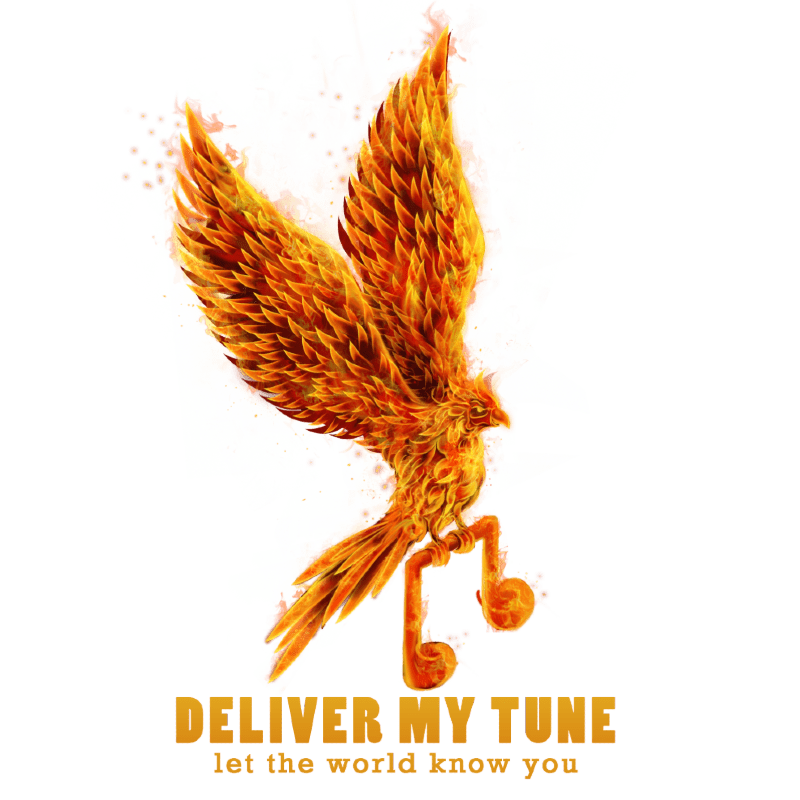






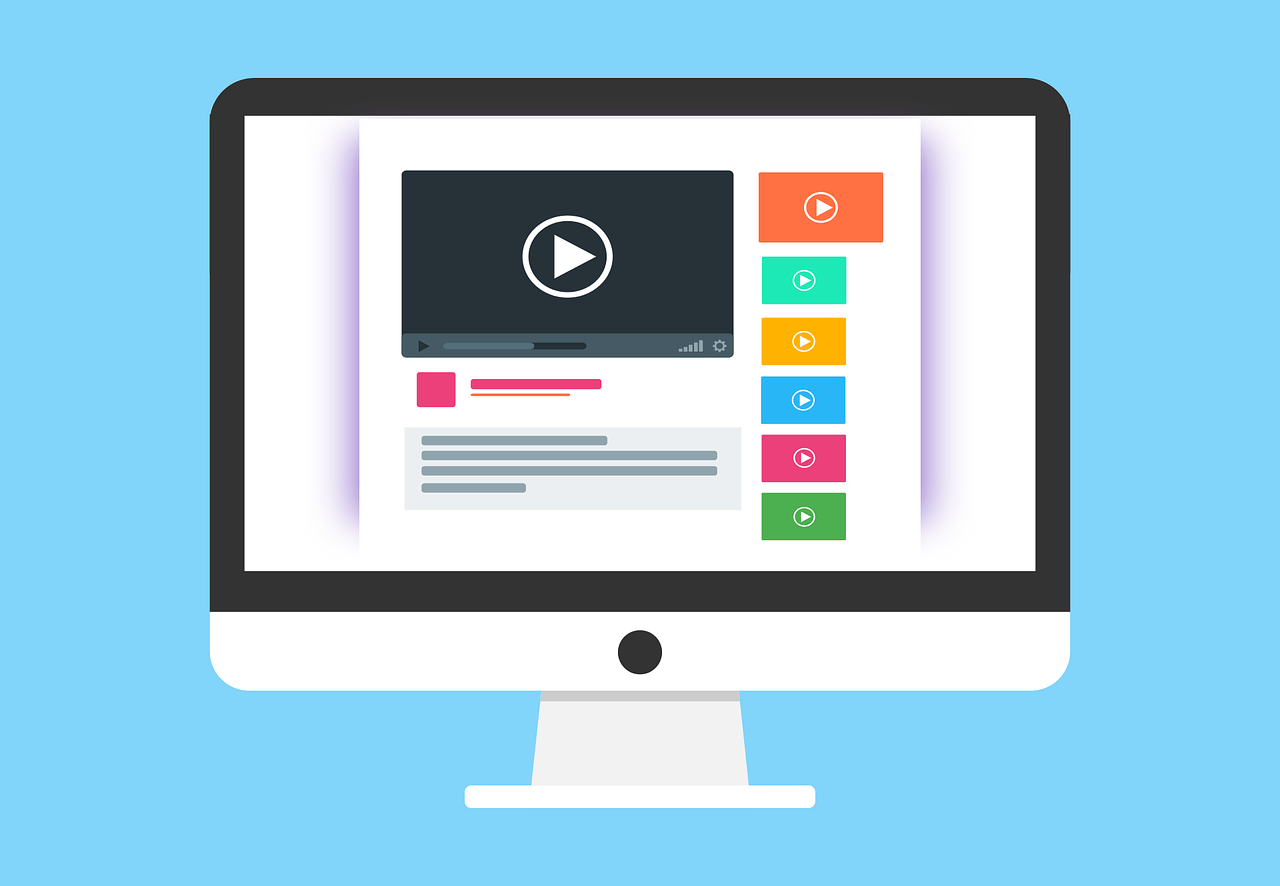


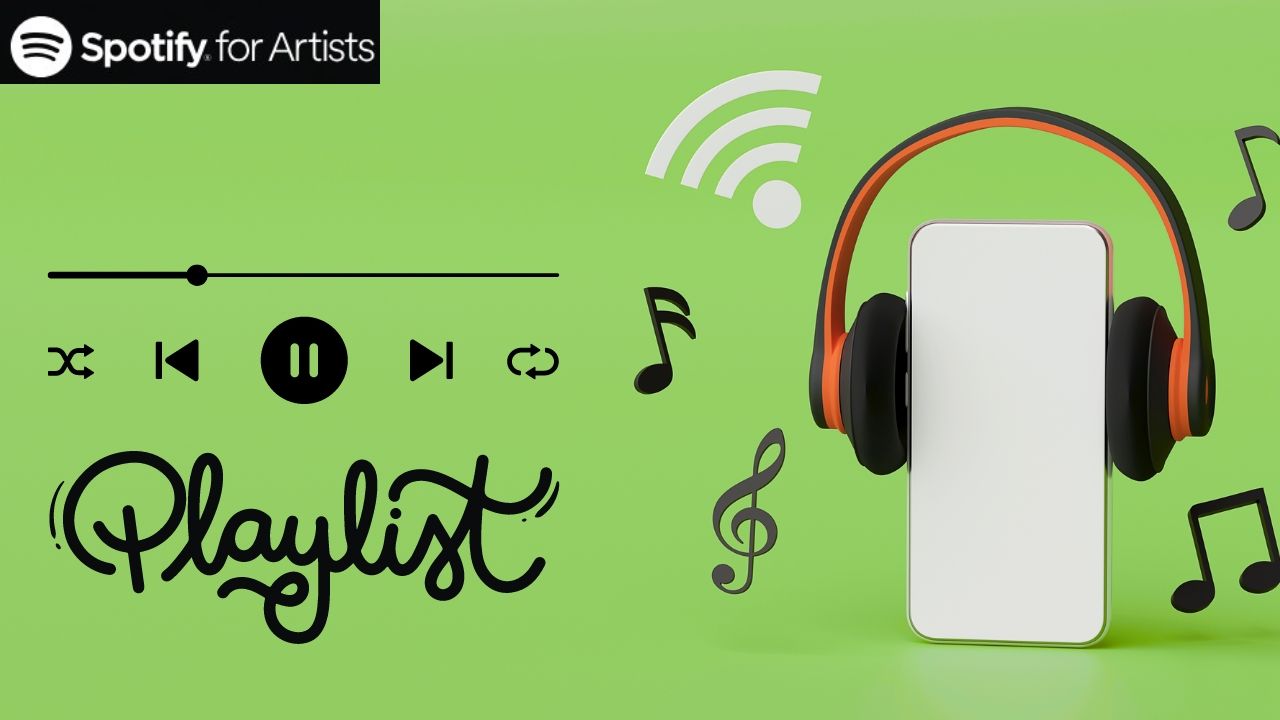
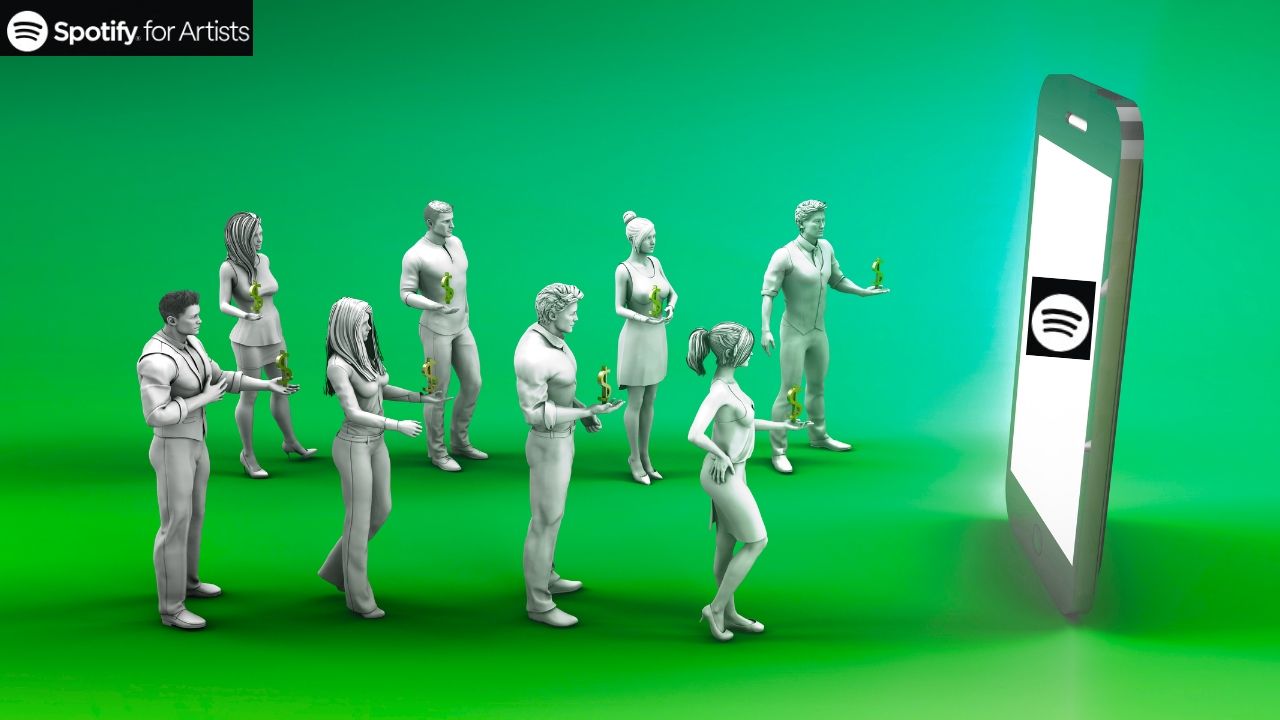
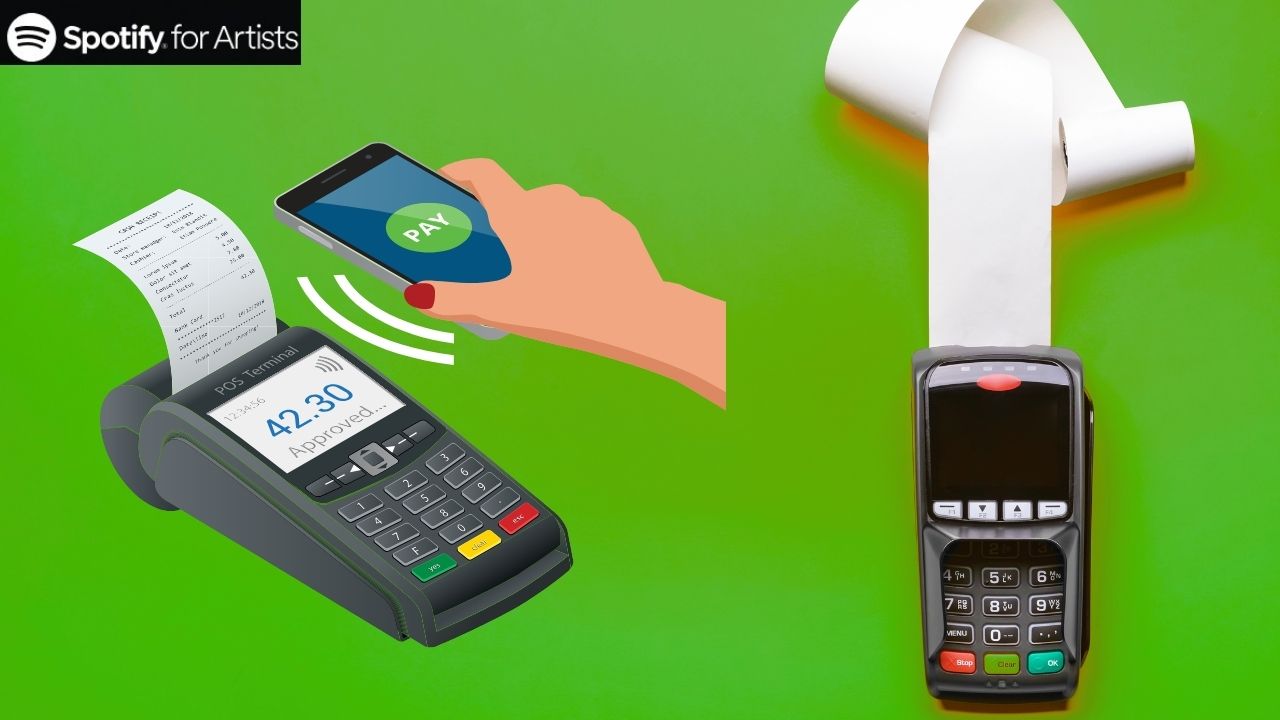

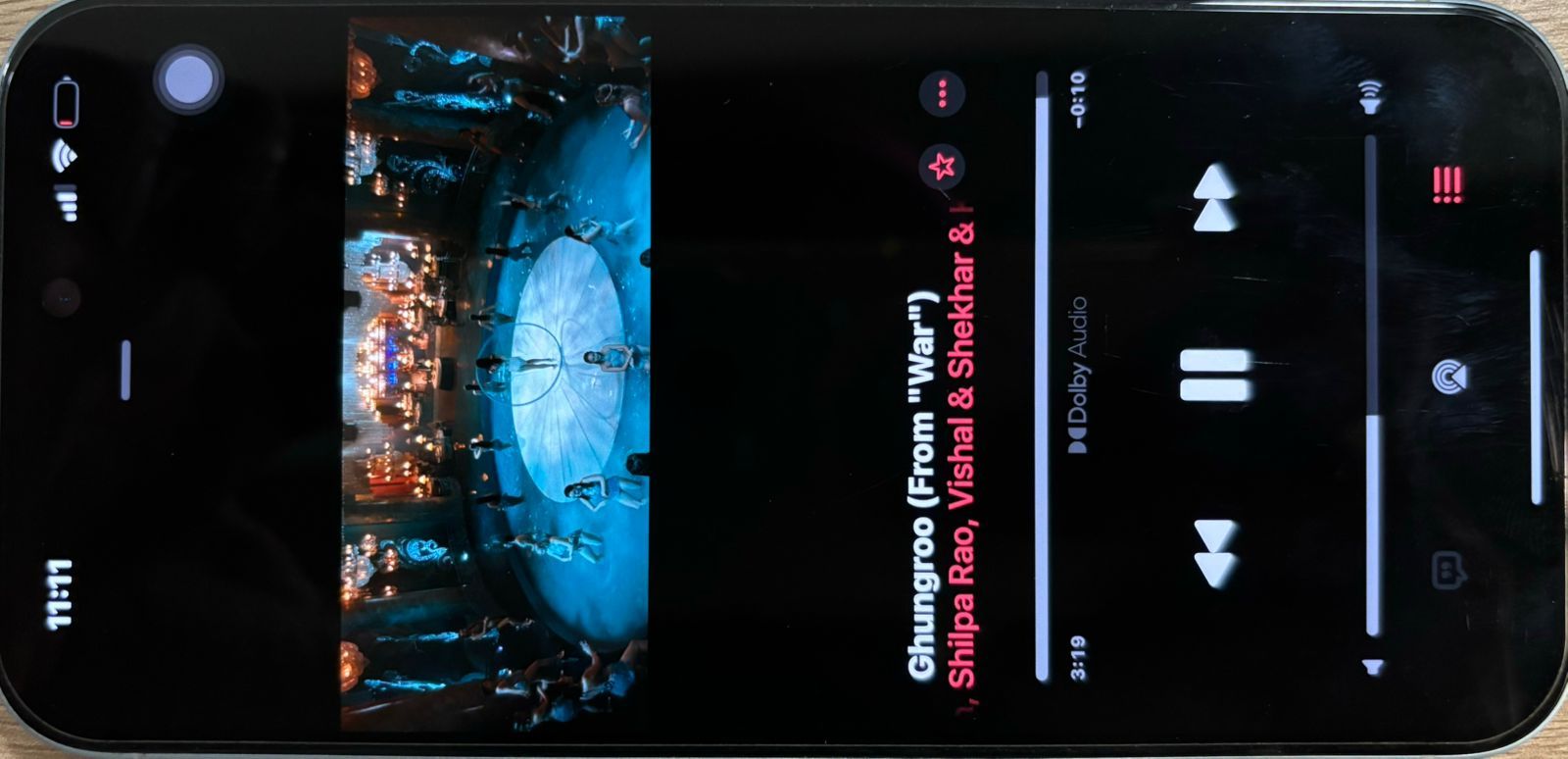

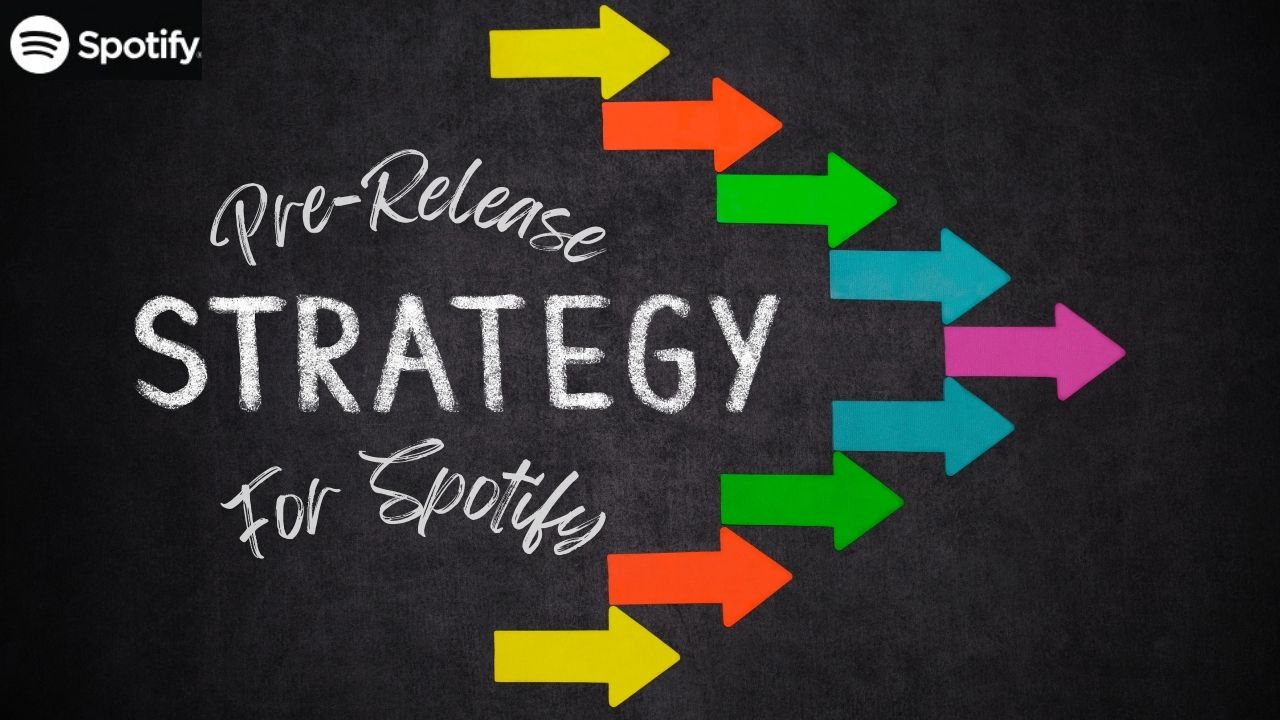





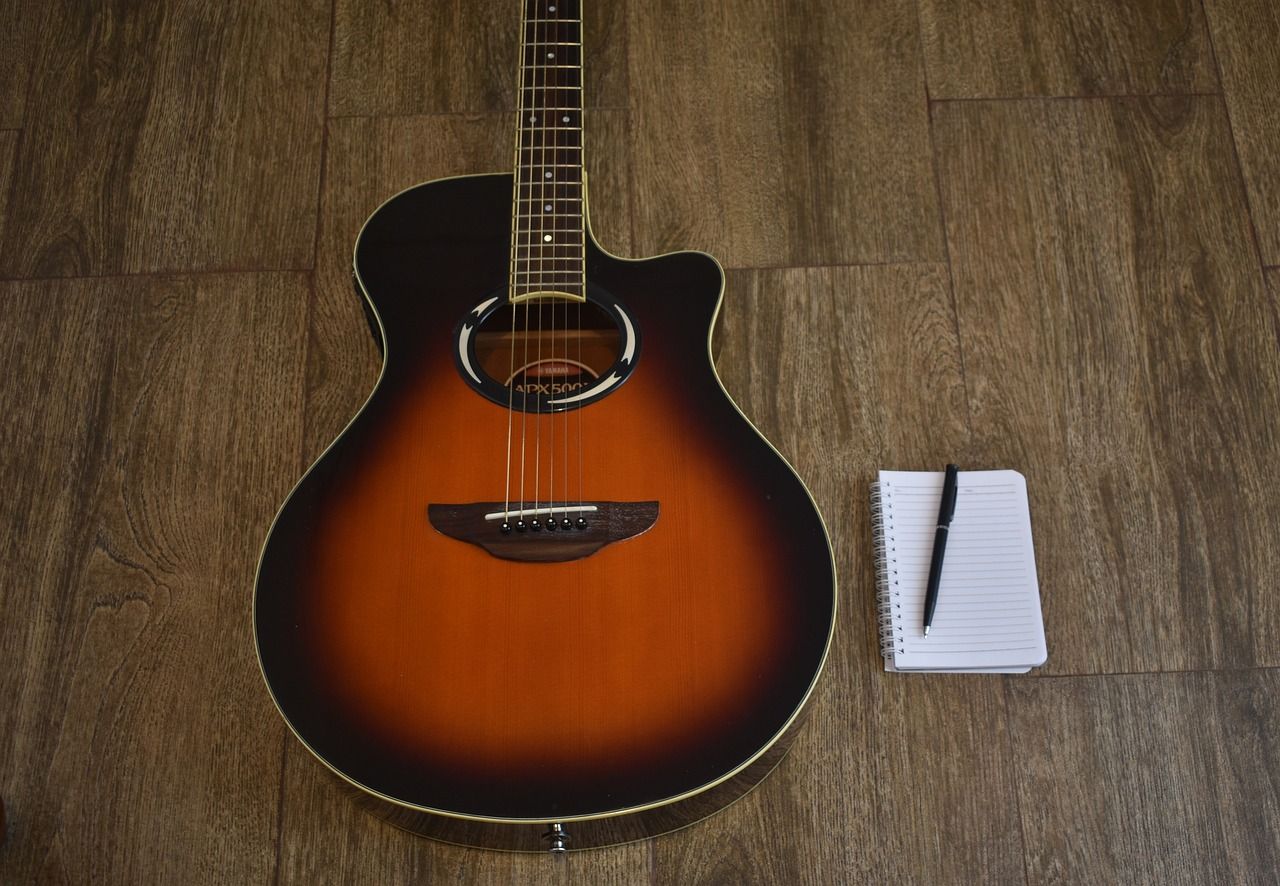
1 Comment